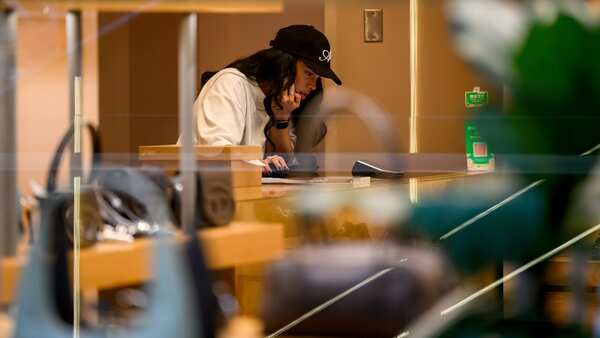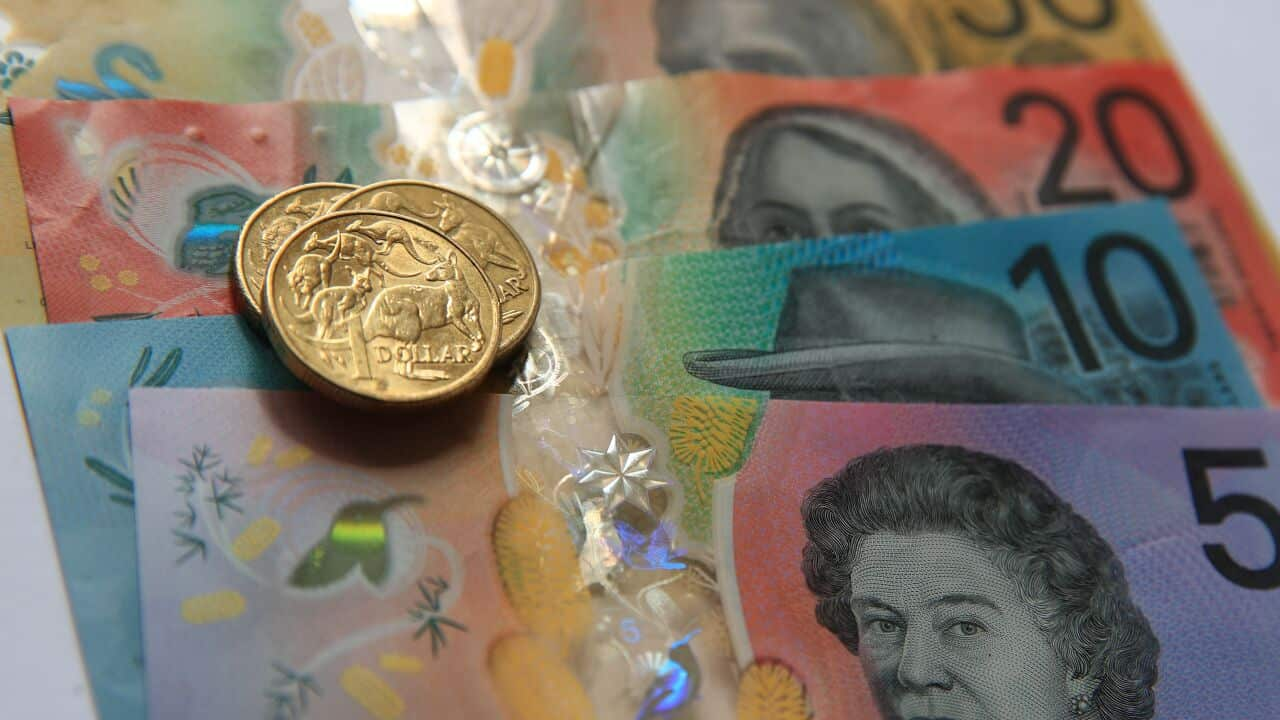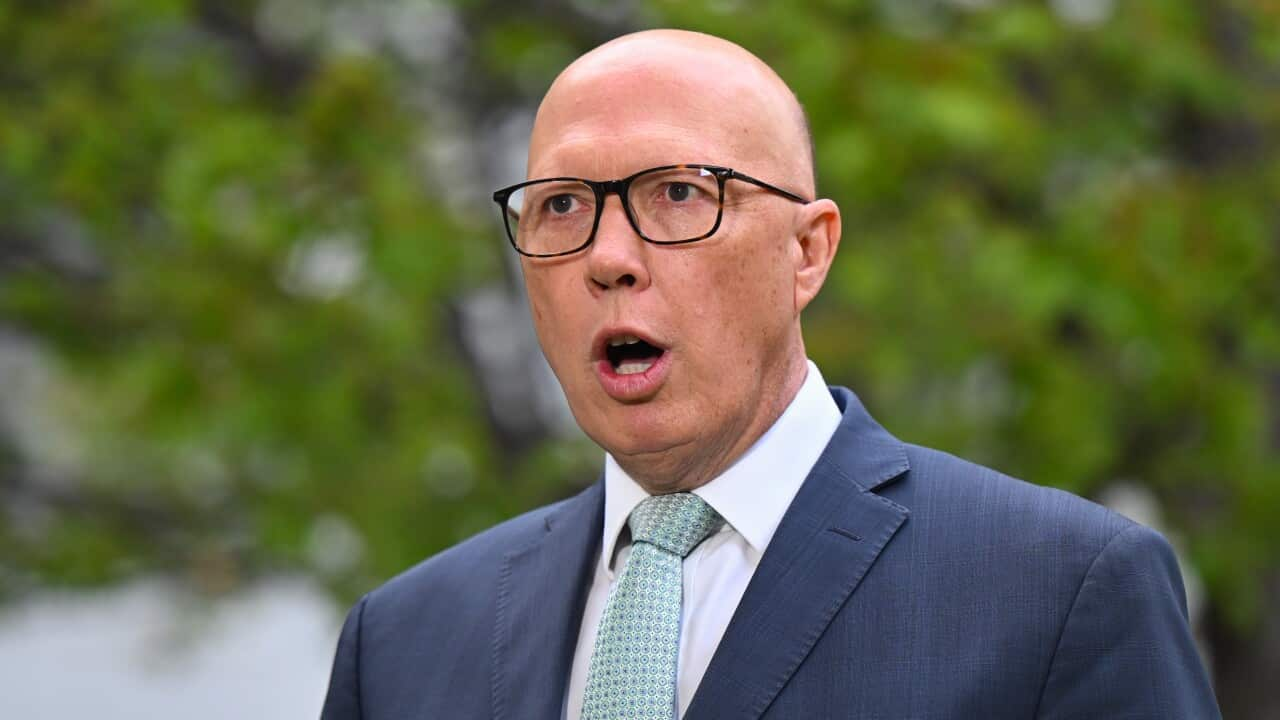Almost half of all Australian workers could see their wages increase if the Fair Work Commission decides to increase the minimum wage.
Prime Minister Anthony Albanese said on Wednesday he would ask the commission to raise the rate of the minimum wage, at least in line with inflation.
The Consumer Price Index, which is a measure of inflation, is currently at 2.4 per cent.
"The idea that a Labor government would ever advocate for a below-inflation increase, that people on the minimum wage should go backwards — that’s not the party I belong to and not the party I lead," Albanese told reporters.
However, he would not provide a dollar figure, breaking course with his stance during the last election campaign when he called for a minimum 5.1 per cent increase in line with the inflation rate at the time.
Opposition leader Peter Dutton was quick to match the pledge, throwing the Coalition's support behind wage increases after Labor's announcement.
While the major parties have backed increasing the wages of Australia's lowest-paid workers, its ultimately up to the commission to make the call during its annual wages review, which is usually handed down in June. Any changes would typically come into effect on 1 July.
Who could be affected?
Around 2 per cent of workers earn the minimum wage but any increase would also directly impact the 20 per cent (around 2.9 million) of workers on award wages and could affect a further 20 per cent who are on collective or individual agreements.
"[There will be] a flow on to about 20 per cent of workers who are on awards — so it would impact directly about 22 per cent of the workforce," AMP chief economist Shane Oliver said.
"It can have an influencing effect on other workers too."

Source: SBS News
"A further 20 per cent of other workers are estimated to have their wages linked to awards through their collective or individual agreements with their employers," he said.
The national minimum wage is currently $24.10 per hour, which equates to $915.90 per 38-hour week or $47,626.80 a year.
It has increased by around $7,500 a year since 2022.
The wage price index, which measures changes to wages and salaries, was up 3.2 per cent in the 12 months to December 2024.
Can wage increases lead to inflation?
Oliver said if wage increases were not offset by an increase in productivity, this could see prices for goods and services increase.
But he said even if minimum wages increased by 3 per cent — which is above the inflation rate of 2.4 per cent — this would still be below wages growth in the rest of the economy, which is at 3.2 per cent (as shown in the wage price index).
"So I can't see much of a boost to inflation," he said.
LISTEN TO

Small businesses disappointed by federal budget offerings for sector
SBS News
03:11
Bassanese said wages had grown in the past few years but the rate of inflation had declined more broadly, partly because more workers were available after Australia re-opened its borders in the period after the COVID-19 pandemic.
But he said productivity growth had been quite weak in recent years.
"Nominal wage growth has run well ahead of it — resulting in relatively high growth in unit labour costs," he said.

Source: SBS News
After its decision on Tuesday to keep the cash rate unchanged it wrote: "Wage pressures have eased a little more than expected but productivity growth has not picked up and growth in unit labour costs remains high."
Albanese was asked if wage growth could be delivered without sustained productivity growth.
"Productivity is important. It's one of the three Ps of growth (population, participation, and productivity). But I tell you what's important too — as a Labor government — is not leaving people behind," he replied.
"We stand for people who are vulnerable in our community, including those people who are doing it tough because they're on minimum or award wages.
"But we also are the party of aspiration. We're the party that wants people to get ahead and opportunity."



